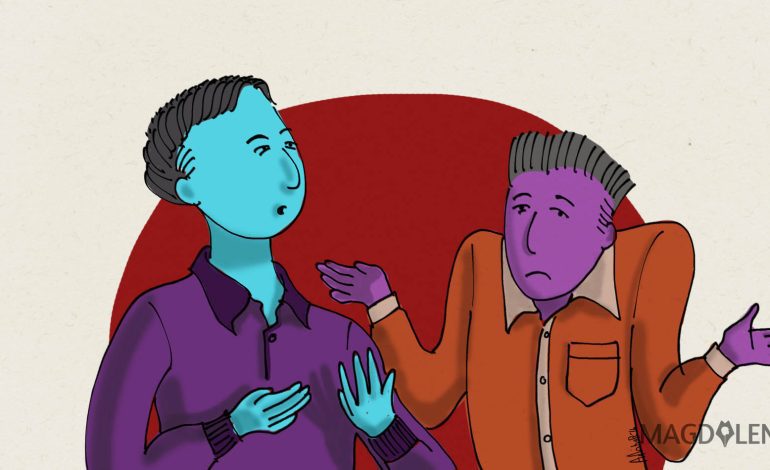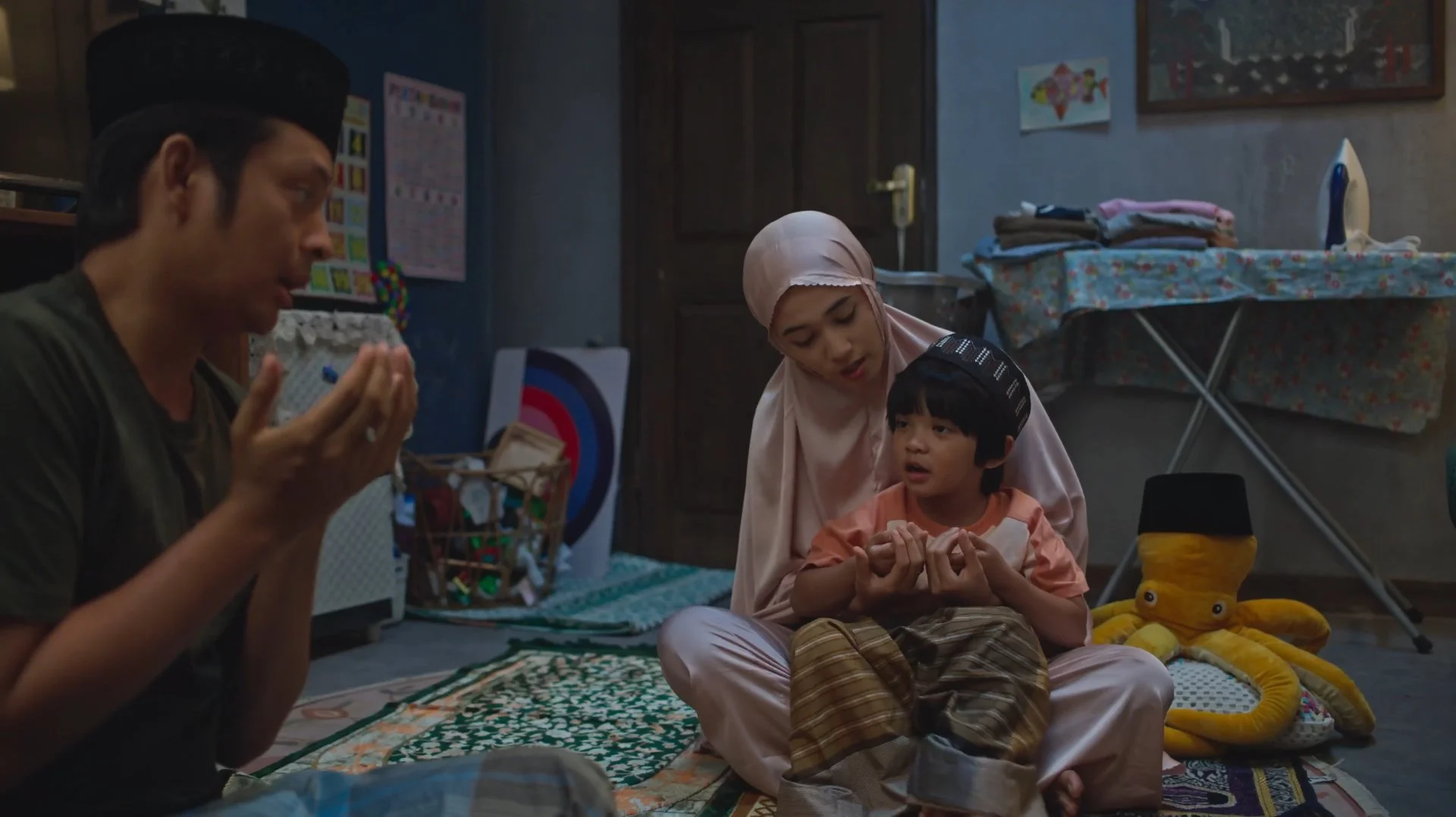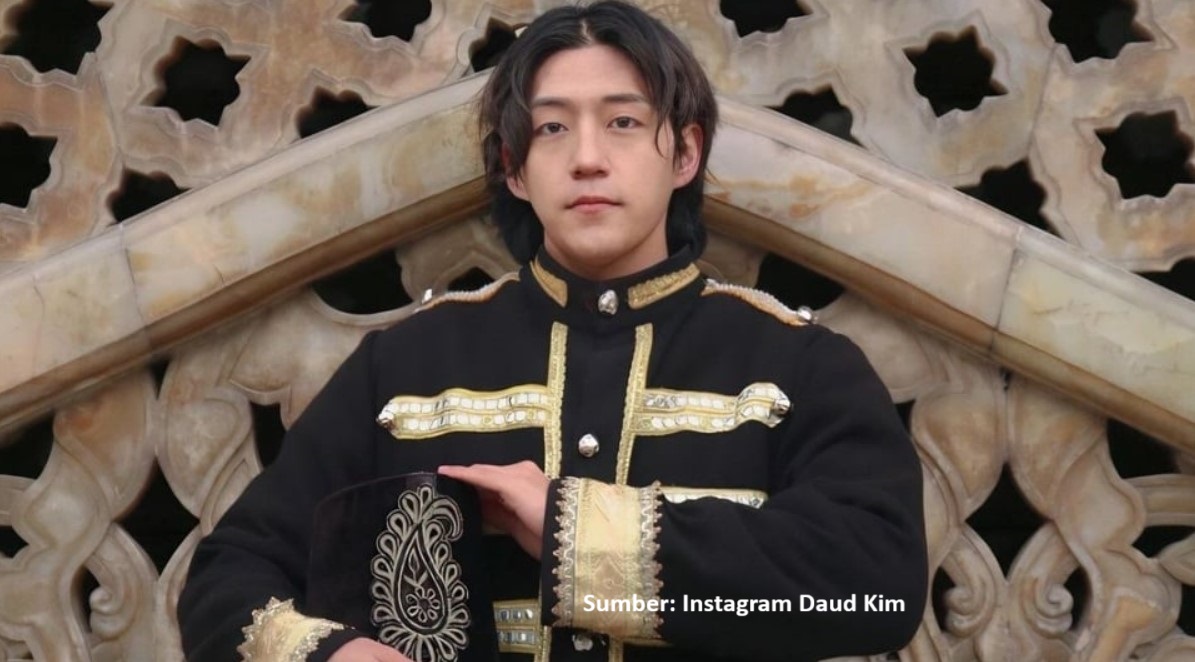My Quest to Join the Chinese Community (Part 2)
Being a "special snowflake", his quest to become a part of the ethnic Chinese community has always been a challenging. This is the second of a two-part series.

Religion is an inescapable part of Indonesian life, including among its Chinese. As the New Order government banned the expression of Chinese culture and as Chinese-Indonesians grew fearful of being associated with communist China, many converted to Christianity.
Traditionally, Chinese and other East Asian people are relaxed with religion and mix Buddhism with traditional spirituality and the Confucian ethics. By 1980s, however, most Chinese-Indonesians have become comfortable being Christians.
It offers a solid community that also connects them to other ethnic groups. Catholic and Christian schools and universities provide good education and channels to good workplaces. Most importantly, the church has become an institution where the Chinese can become a majority without having to be self-aware of their identity.
The “Chinese” word is a taboo not only because of its racist context in Indonesia, but also because most Chinese-Indonesians do not wish to touch the ethnicity matter. What is enough for them is the fact that they are Christians and come from a specific region in Indonesia. By the 21st century, many Chinese-Indonesians see little reason to leave Christianity, and so Buddhism and Confucianism failed to attract new followers. The church had become the primary community for Chinese-Indonesians.
In late 2000s I attempted to find new friends from Chinese-Indonesian forums but it didn’t work well. I returned to the Catholic Church, and returned to my complex relationship with it. I tried a couple of groups for adults and was happy to make friends, including old friends and ex-teachers from school.
The problem was building close friendship. Many events involved dozens of people, from a weekend retreat to a movie night or dining out. In college I encountered other Chinese-Indonesians who also went out by dozens, more often than other Indonesians did. I have always found it difficult to build relationships and to find common interests in these outings.
I also still have a problem yet to be solved. It is quite easy for me to build rapport with other women including Chinese women, but harder to make friendship with men. One best friend (a Javanese, as usual) died and a year later, I’ve found it impossible to become good friends with the other guys, who are Chinese.
I discussed the matter with a friend who just got a Western boyfriend, who explained why she could not click with Chinese-Indonesian guys. They tend to talk about material things like cars, mobile phones, business cycles, and hobbies of the season – which is fine if they don’t have to compare everything. Take photography. A Chinese guy tends to talk about his lens collection, how much he spent for them, and how smart he was in finding that tricky angle. A Western guy, meanwhile, might rather talk about his trip to Borneo, his childhood camera, and offers some handy editing tips.
I got the idea. Not long after I wondered why it’s difficult to talk about football with other Chinese guys, I had the chance of watching a World Cup match with a mate and his brothers. Throughout the match they kept calling the world-class players “dumbass”, making racist remarks, and kept accusing the referee of taking bribe. They were not really interested in talking about tactics, statistics, or even just enjoying the game in good spirit.
I read several books on China and found explanations on the Chinese mindset. Like Indonesians, Chinese have been planting rice for millennia, which demands many hands and coordination and thus discourages individuality. Unlike Indonesia, China has mastered the Eastern world for most of world’s history (as an empire, unlike fragmented India). Its rivals and conquerors adopted its culture, hence the strong feeling of cultural and racial superiorities.
Autocratic governments make social change impossible, so everyone has to fight to survive without attracting attention from the draconian rulers. The supposed meritocracy (the elites were the smartest bureaucrats) has created a highly competitive education tradition. The American sitcom Fresh off the Boat shows the difficulties of Chinese-Americans being a minority in the West and dealing with the Machiavellian mindset of their culture.
Indonesian feature film Ngenest shows the difficulties faced by the comedian Ernest Prakasa in living as a minority, from childhood to marriage. The movie received acclaims from mostly non-Chinese audience, while many Chinese-Indonesians profess ignorance on the movie or the comedian.
A friend who identifies herself as quarter-Chinese said while she is aware of racism experienced by Chinese-Indonesians, she has also experienced racism from Chinese-Indonesians. Weeks later, a new friend who identified herself as biracial asked me if Chinese-Indonesians discuss race introspectively and I said no.
I have learned valuable lessons over the last two years. It is hard to find Chinese people doing feminism in any country (in China, they are threatened with jail). Not all Chinese-Indonesians who are invested in social and progressive causes are necessarily feminists, and those who do may have opposite political views to mine.
Many Asian-American feminists I follow support African-American movements like Black Lives Matter and some have admitted that they wish that Asian-Americans can be as vocal and political as black Americans do (this is also a very controversial topic). It is similar to how I envy the assertive Bataks. But these are different people with different cultures and histories. Perhaps Chinese people fear worse retribution from their social network than from the public if they stand up and speak out. I wonder if I’ve been outcast without even realizing it.
I am faced with two bitter options: End the quest to live with other Chinese-Indonesians and accept wonderful people from other backgrounds; or keep looking and get more disappointment in the process. I still hesitate to take the first option. I still cannot see why I cannot be a political writer and a feminist and live harmoniously with other Chinese-Indonesians. I mean, you know other Chinese-Indonesian political writers or feminists and they are happy with their lives, right?
Read the first part of this column and follow @mariorustan on Twitter.












